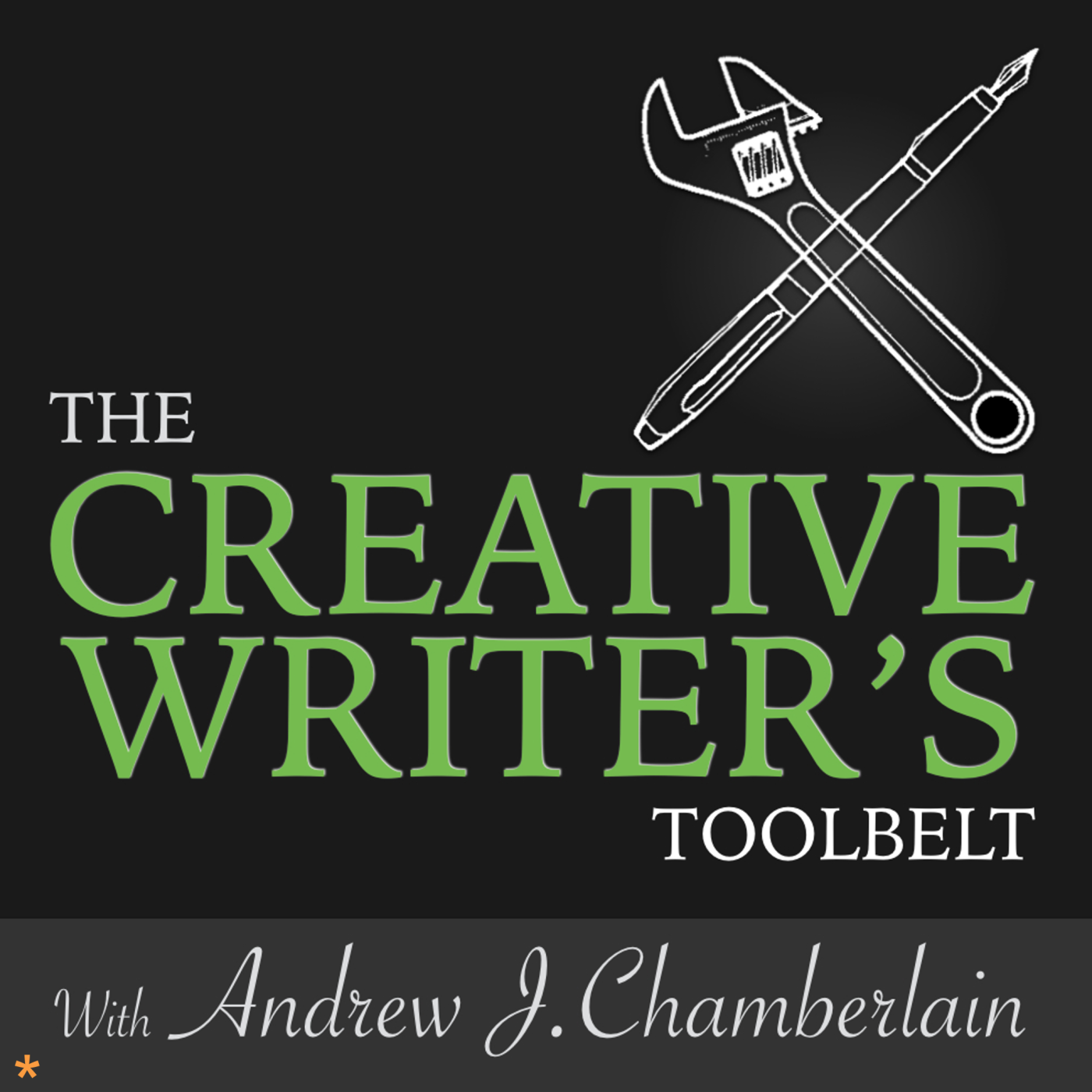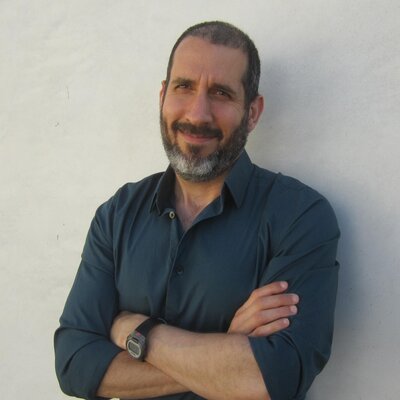I have always believed that there are important lessons for prose writers to learn from poetry, and I also think we can always gain something from the joy and discipline of listening to good poetry. To test and prove this belief, in this episode, I am talking to the teacher, poet, and translator Aaron Poochigian.
Aaron has a Ph.D. in Classics from the University of Minnesota and an MFA in Poetry from Columbia University.
In this episode, we talk about the rise of the prose form over poetry, why anyone might write poetry, why poetry is like music and should be heard as music, how we can push out into the world with our work. We talk about good and bad ambiguity, what novelists can learn from poetry, including the use of rhythm, compression or the economy of language, and using the full range of senses in description and setting.
This is an episode of those who love poetry or at least see its potential to teach us something for our craft, I hope you enjoy it, here it is.

This episode is a conversation with the Vietnamese born writer, Abbigail N. Rosewood, about her first novel 'If I had two lives'. In this...

This episode is a conversation with award winning science fiction and alternative reality author Gareth L Powell. We talk about how maturing as a...

Erik Harper Klass is the founder of Submitit, a company that directly addresses the stress and uncertainty of the submissions treadmill. Submitting your work,...